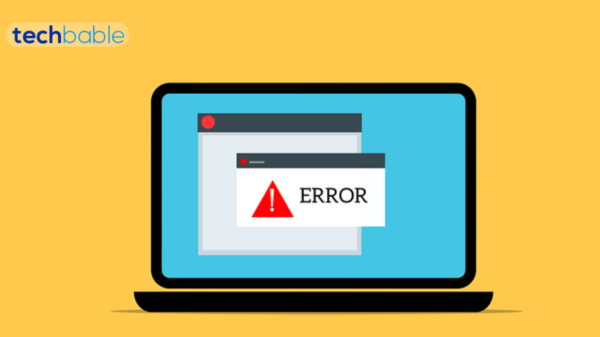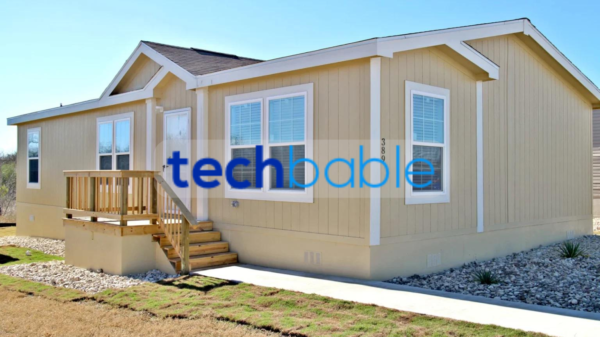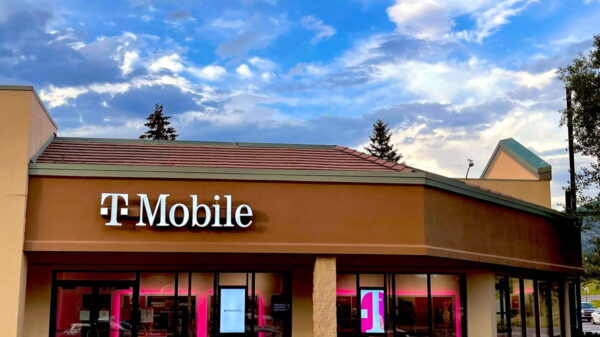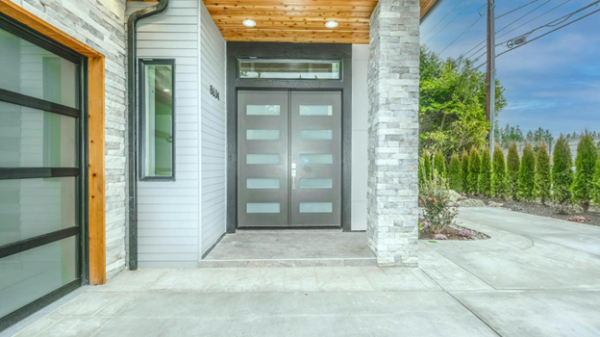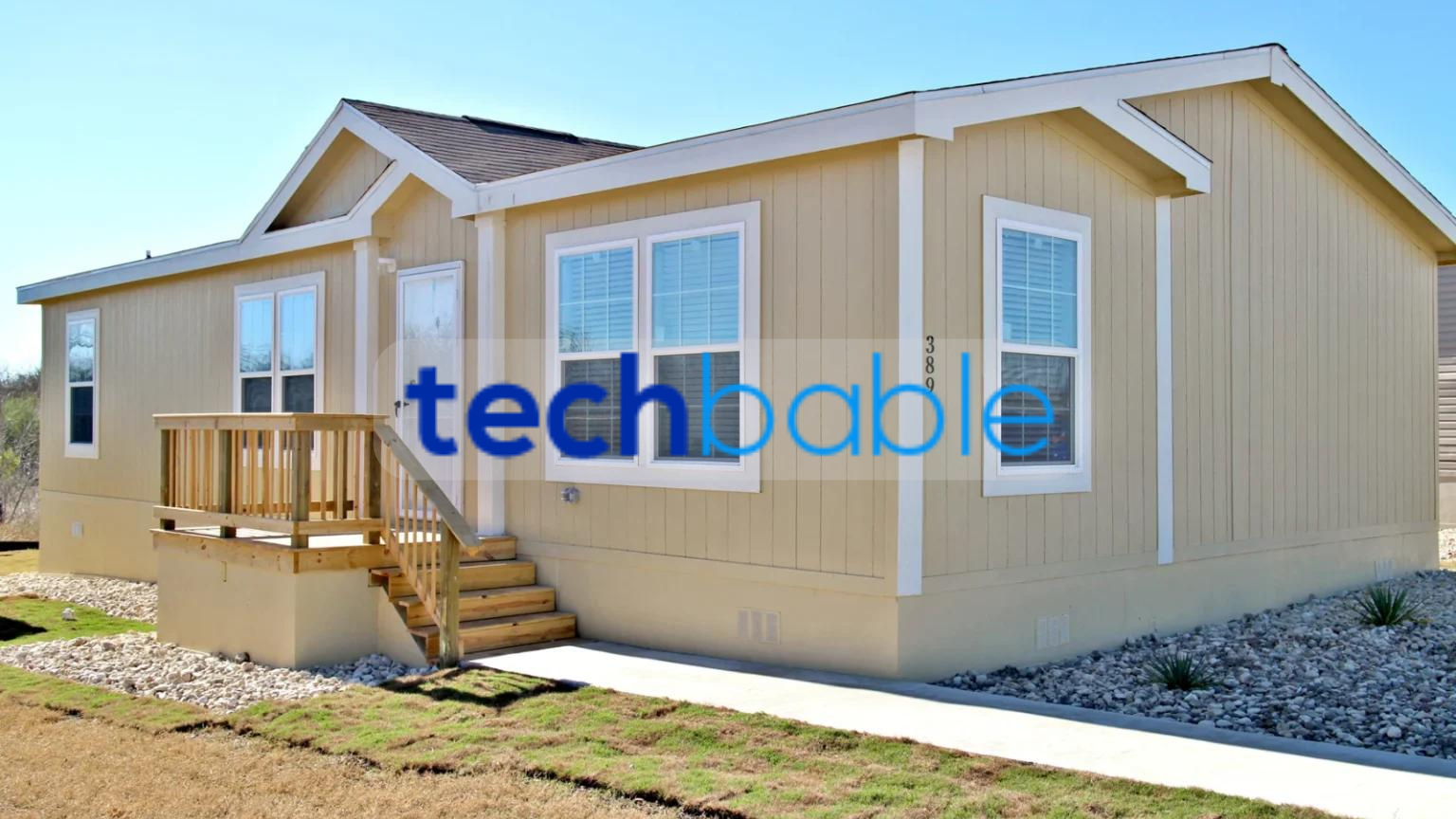A mobile home, also known as a manufactured home, is a prefabricated structure built in a factory and then transported to its final location for installation. These homes are designed to be movable, but once in place, they often remain there permanently. Mobile homes are constructed on a steel frame with wheels, allowing for transportation to the site.
They come in various sizes and floor plans, offering a more affordable housing option compared to traditional site-built homes. Mobile homes can include features such as multiple bedrooms, bathrooms, kitchens, and living areas. It’s important to note that in recent years, the terminology has shifted, and “manufactured homes” is now the preferred term over “mobile homes” to reflect advancements in design and construction standards.
Used mobile homes for sale to be moved:
To find used mobile homes for sale that need to be moved, follow these steps:
Online Classifieds:
- Check popular online classified websites such as Craigslist, where individuals often list mobile homes for sale.
- Explore Facebook Marketplace, a platform where people frequently sell various items, including mobile homes.
Specialized Websites:
- Visit websites specifically dedicated to mobile home sales, such as MHVillage or Mobile Home Park Store.
- These platforms may have advanced search features, allowing you to filter results based on your preferences.
Local Newspapers and Magazines:
Browse local newspapers or community magazines, as sellers sometimes advertise mobile homes for sale in these publications.
Real Estate Agents:
Contact local real estate agents or agencies. They may have information on mobile homes for sale and can guide you to sellers looking to relocate their homes.
Mobile Home Parks:
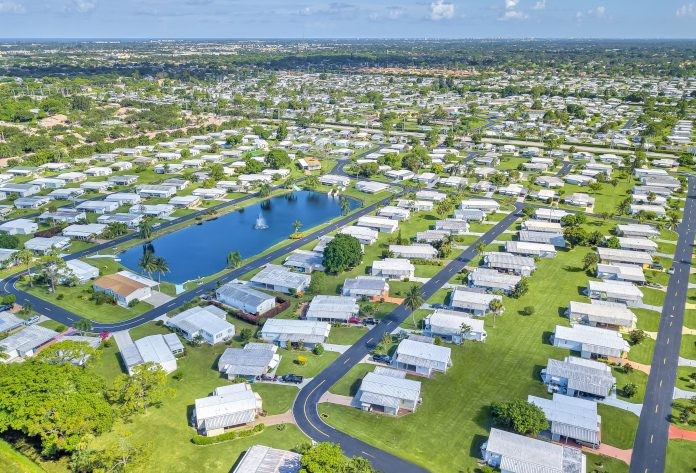
Visit or contact mobile home parks in your area. Some homeowners within these parks may be looking to sell their homes and move them.
Networking:
Connect with people in your community who may have information on mobile homes for sale. This could include friends, family, or colleagues.
Auctions and Foreclosures:
Attend auctions or check foreclosure listings, as mobile homes may be available for sale through these channels.
Verify Moveability:
When you find a potential mobile home, confirm with the seller whether it can be moved. Consider the costs associated with relocating the home, including transportation, permits, and setup at the new location.
Inspection:
Before purchasing, inspect the mobile home thoroughly. Check for any structural issues, plumbing, electrical systems, and overall condition.
Legal Considerations:
Be aware of local zoning laws and regulations regarding the movement and placement of mobile homes. Ensure compliance before finalizing any purchase.
Negotiate and Document:
Negotiate the price with the seller and document all agreements in writing. This includes details about the condition of the home, the moving process, and any warranties.
Remember to exercise caution, conduct due diligence, and engage in safe and legal transactions when buying a used mobile home to be moved.
What is the oldest mobile home that can be moved?
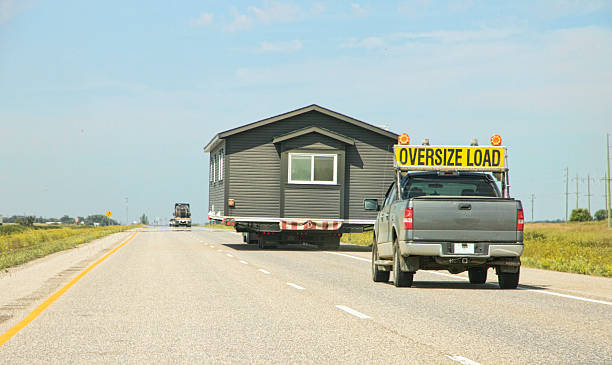
Verify Compliance:
HUD Standards (Pre-1976):
Homes built before 1976 are often referred to as “pre-HUD” homes because they precede the implementation of the U.S. Department of Housing and Urban Development (HUD) standards. These homes may lack some safety features and construction standards required in newer homes.
Upgrades:
To meet current standards, pre-HUD homes may need upgrades. This could include improvements to structural elements, electrical systems, plumbing, and insulation.
Inspection:
Professional Inspection:
Engage a qualified inspector to assess the overall condition of the mobile home. This inspection should cover the roof, flooring, walls, foundation, electrical wiring, plumbing, and any additions or modifications made over the years.
Safety Concerns:
Older homes might have issues that compromise safety, such as outdated wiring or structural weaknesses. Identifying and addressing these concerns is essential.
Local Regulations:
Zoning and Building Codes:
Different municipalities have specific zoning regulations and building codes that dictate the conditions under which a mobile home can be moved and placed on a property. Check with local authorities to understand the rules and restrictions.
Age Restrictions:
Some areas may have restrictions on the age of mobile homes that can be relocated. Ensure compliance with these regulations.
Transportation Logistics:
Professional Assessment:
Consult with professionals experienced in moving mobile homes to assess the feasibility of transporting the specific older home you are considering.
Roadworthiness:
Older homes may pose challenges during transportation due to their size, weight, and roadworthiness. Specialized equipment and permits may be required.
Engaging Reputable Sellers:
Research Sellers:
When considering purchasing an older mobile home, research and choose reputable sellers. Inquire about the home’s history, maintenance, and any renovations or upgrades that have been made.
Conclusion:
Moving an older mobile home involves navigating a range of considerations, from compliance with standards to local regulations and transportation logistics. Thorough research, professional inspections, and adherence to local rules are critical to ensure a successful and compliant relocation process for an older mobile home.
Final remarks:
The process of acquiring a used mobile home for relocation involves diligent research, thorough inspections, and adherence to legal considerations. Prospective buyers should explore available options through various channels, ensuring the chosen home can be feasibly moved.
Verification of compliance with local regulations and building codes is crucial, as is engaging in professional inspections to assess safety and structural integrity. Transportation logistics, including roadworthiness and specialized requirements, must be carefully evaluated.
Negotiating terms with the seller and documenting agreements, along with due diligence in researching the home’s history, contribute to a successful and informed purchase. By navigating these steps with care, buyers can facilitate a smooth and compliant relocation of a used mobile home to their preferred location.
Thanks For Reading
More Read On Tech Bable


